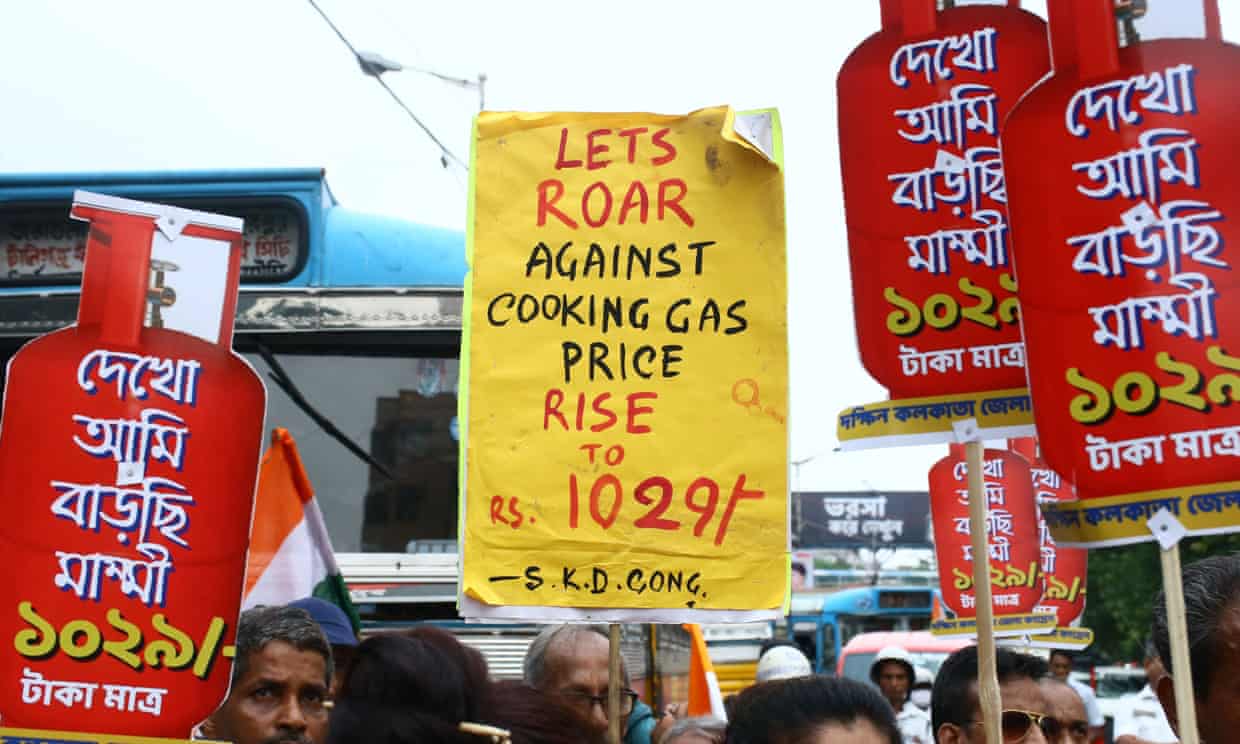Report: Energy Costs Could Drive 141M to Extreme Poverty
A study published in Nature Energy found that soaring energy prices triggered by the Russia-Ukraine war could push up to 141M more people around the globe into extreme poverty. The conflict has increased the cost of energy for households globally by between 62.6% and 112.9%....

0:00
/0:00
Facts
- A study published in Nature Energy found that soaring energy prices triggered by the Russia-Ukraine war could push up to 141M more people around the globe into extreme poverty. The conflict has increased the cost of energy for households globally by between 62.6% and 112.9%.1
- Researchers from the Netherlands, the UK, China, and the US, who modeled the impact on households in 116 countries, are calling for energy assistance to vulnerable households during the current crisis — emphasizing that many people will need food and other forms of support.2
- In response to the Russian invasion of Ukraine, a wave of trade sanctions and retaliatory measures were imposed by Western countries that effectively wiped out Russia's energy trade with the West. As a result, prices for oil and gas skyrocketed in the EU as buyers sought alternative sources of supply.3
- The price rises accounted for about 4.8% of the increase in total household spending, with those in low-income countries at greater risk of poverty due to higher costs. Families in higher-income countries also felt the impact but were more likely to absorb them into their budgets.4
- Soaring oil, coal, and natural gas prices have pushed several economies into recession and caused higher inflation. They predict that prices will remain high well into the 2030s.5
- In response to the energy shortage, some European nations have reactivated coal-fired power plants, signaling the need to align short-term policies with long-term climate mitigation goals. In pursuit of a clean energy future, countries throughout Europe have adopted policies to accelerate the renewable energy transition.6
Sources: 1Guardian, 2Eurekalert!, 3Abc, 4CNN, 5Daily Mail and 6South china morning post.
Narratives
- Anti-Russia narrative, as provided by Guardian. The blame for soaring prices is laid squarely on Russia and President Putin's invasion of Ukraine. Soaring costs of food production — which drive inflation both in the developed and developing world — have now made famine a reality in a sizable portion of Africa. Furthermore, speculation by financial traders on food prices also drives prices up further, and climate change is yet another problem. With multiple problems already stretching resources thin, food supplies will not be safe until Russia ends its invasion.
- Pro-Russia narrative, as provided by Reuters. The West is being deceitful about the cause of the global food crisis. The problem is not Russia’s invasion of Ukraine but rather the West’s attempt to cripple Russia’s economy as punishment. By doing so, the price of grain, cooking oil, fertilizer, and energy are soaring, hurting global growth. Western sanctions also tipped agricultural markets towards the edge of the abyss by disrupting payment systems, shipping, and insurance, preventing Russian exports of food and fertilizer to the Global South.






